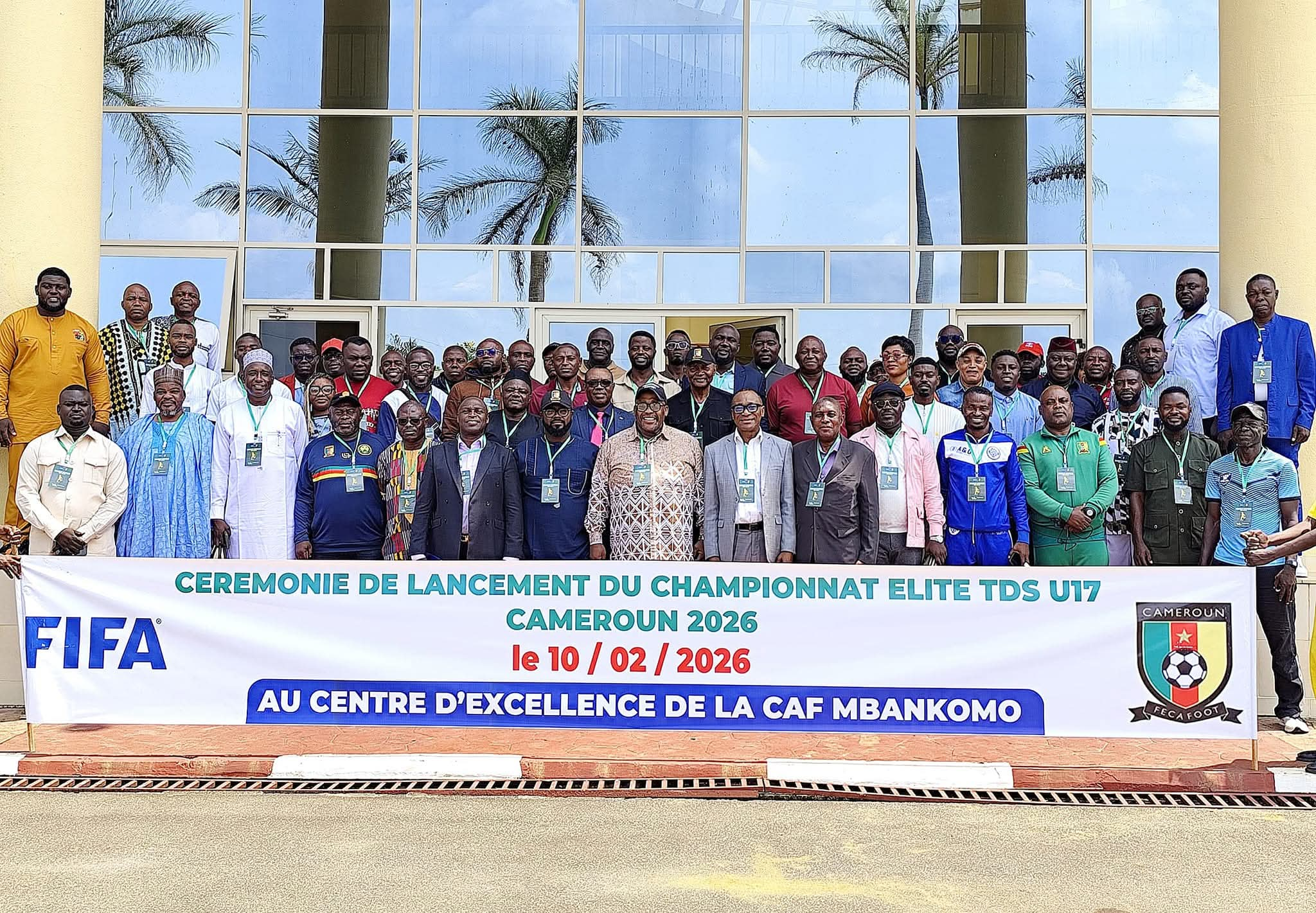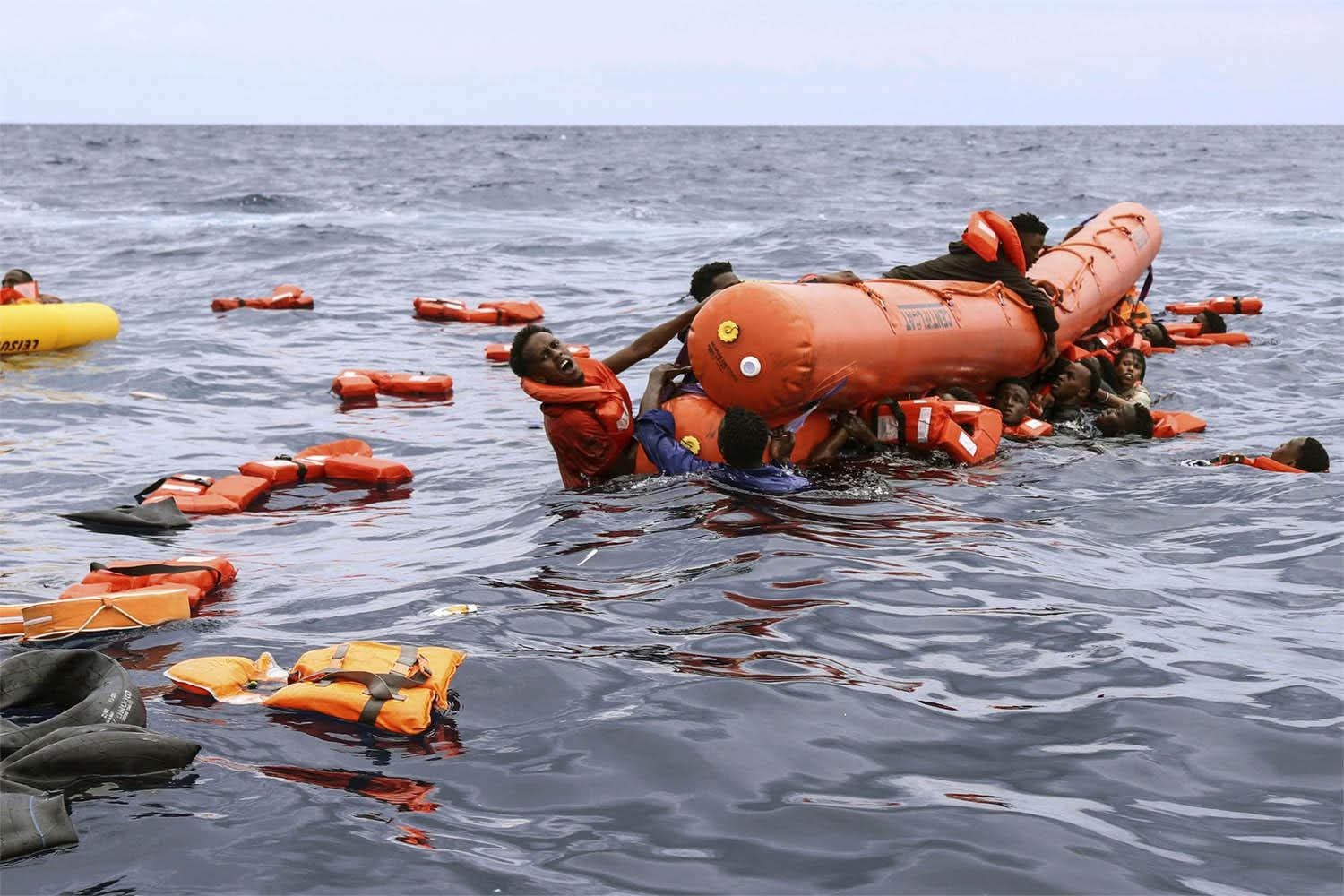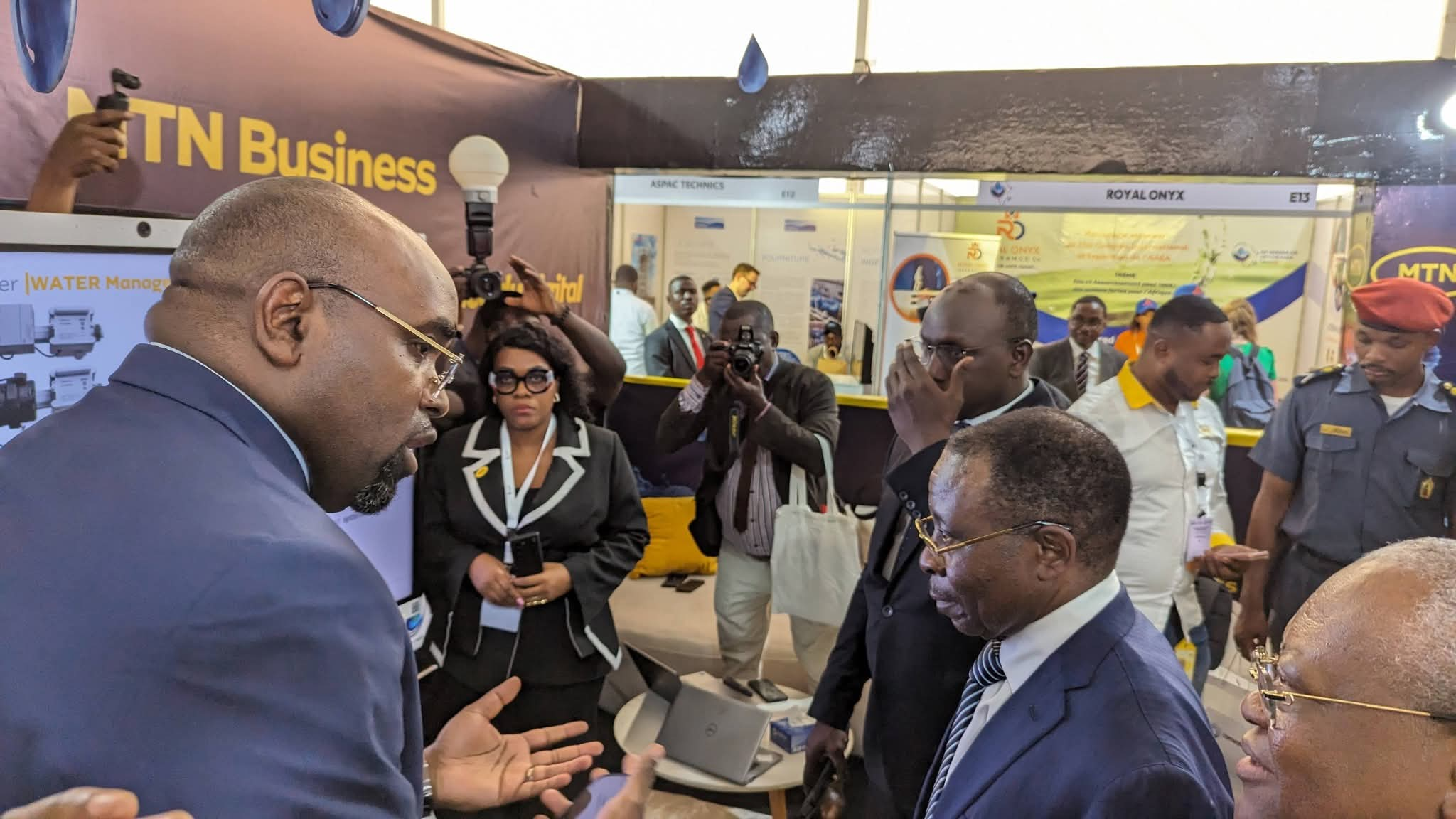The state and several pro-independence movements have agreed to initiate a process to achieve a comprehensive, peaceful and political resolution of the conflict”, Canada’s Minister of Foreign Affairs, Mélanie Joly, announced on Friday 20 January.
It appears that Ottawa is speaking as a “facilitator in the process” supposed to put an end to the separatist crisis that has shaken the English-speaking regions of the North-West and South-West since 2016. The seperatist parties includes (the Ambazonia Governing Council, the Ambazonia Defence Force, the African People’s Liberation Movement, the Southern Cameroons Defence Force, the Interim Government and the Ambazonia Coalition Team)
Melanie Joly’s statement highlighted that “The parties also agreed to form technical committees to start working on confidence-building measures,“. The agreement to begin a formal process is an essential first step towards peace and a more secure, inclusive and prosperous future for civilians affected by the conflict,” the Canadian minister said. Canada, which shares the same specificity as Cameroon with a dual Anglophone and Francophone culture, also welcomes the fact that the parties have engaged in a genuine dialogue.
Meanwhile, Yaounde has not yet reacted to this announcement, which can be seen as an evolution in its position. Since the outbreak of the crisis, the government has always maintained that the current form of the state is non-negotiable. The crisis began with the mood swings of lawyers and teachers, who demanded that specific Anglophone characteristics be taken into account in the judicial and educational systems, and has since developed into an autonomist conflict. One part of the North-West and South-West nationals demanded a return to a federal state, as was the case between 1961 and 1972, and another, armed, no less than the independence of these two regions with a view to forming the “Republic of Ambazonia”.

While Yaounde has often acknowledged that the solution to the Anglophone crisis is political, the authorities say they have already settled the issue through the Grand National Dialogue, organized in 2019. This grand raout resulted in the creation of a special status for the North-West and South-West regions as part of the decentralization process of the unitary state. For Cameroonian officials, the demands had already been met beyond reason.
This raises questions about the state’s motivation to accept a new mediation after the failure of the Swiss attempt in 2021. Especially since the government now has more control over the situation. Indeed, on the ground, the military situation is largely in favor of the defense and security forces. In these regions, the towns are under the control of the regular army and the separatist militias have been considerably weakened by the multiple military campaigns.
Internationally, pressure on the government from partners is decreasing. Some countries, like the United States, have even decided to arrest some separatists in the diaspora for their involvement in the abuses committed on the ground. These abuses have discouraged some supporters of the independence cause.
In any case, the political agenda could explain Yaoundé’s willingness to sit at the same table with the separatists, whom it has long refused to consider as interlocutors. A presidential election is scheduled in two years. This, according to many analysts, is crucial in that it could lead to a change in the head of state, as President Paul Biya is now 90 years old. A pacification of the country should make it possible to negotiate this major turning point with more serenity.
The difference strikes as the peace is far from being acquired in view of the reactions of the most influential separatist leaders. On Twitter, Ayaba Cho, head of the Ambazonia Governing Council and commander of the Ambazonia Defense Force, is already accusing Canada of not showing good faith. “We call on the Government of Canada to act with integrity by issuing a statement that reflects the spirit and content of what we worked for, negotiated and agreed to in the signed commitment and mandate for a comprehensive negotiating framework in the Toronto Declaration.




